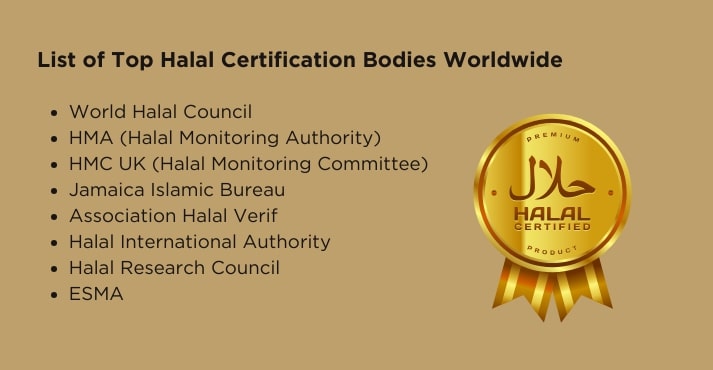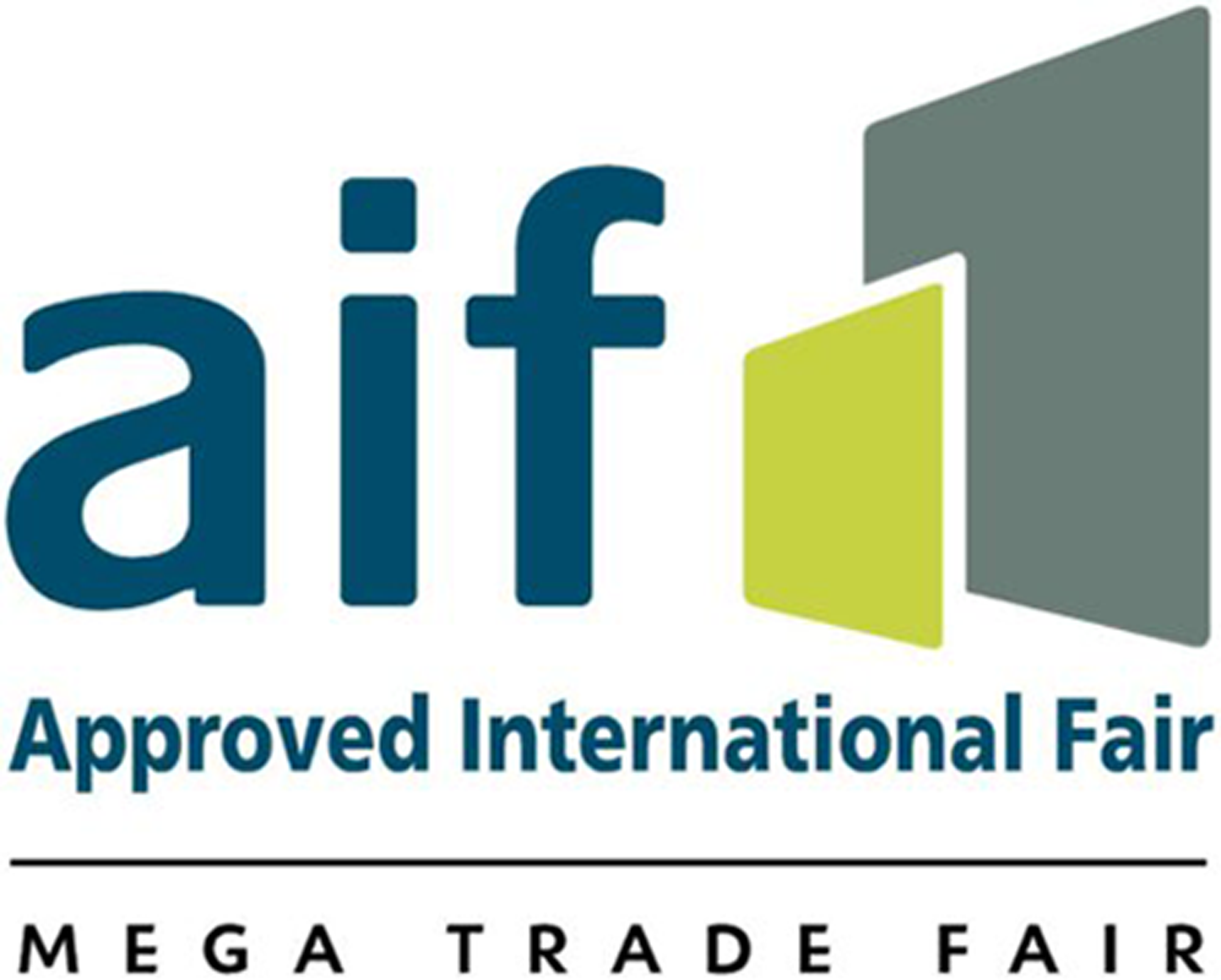Over the past few years, global demand for Halal vs. Kosher meat products has grown steadily. The worldwide volume and trade value of Halal and Kosher meat are immense.
So, is Halal the same as Kosher? Halal and Kosher refer to what’s permitted by Islamic and Jewish religious laws, respectively.
Therefore, knowledge of the Kosher and Halal dietary laws is essential to the Jewish and Muslim populations who observe these laws, food manufacturers who wish to market to these populations, and interested consumers who do not observe these laws.
Understanding Halal and Kosher
Kosher and Halal describe what is permissible for Jews and Muslims. Although these terms describe a wide array of foods and beverages that are acceptable to eat, we will concentrate on meat.
Let’s explore kosher vs halal meat.
Defining Halal

Halal, rooted in Islamic tradition, refers to permissible actions, including dietary guidelines. Halal refers to items permissible for consumption in food according to Islamic law.
Halal diet restrictions consist of guidelines for slaughtering animals, emphasizing humane treatment and adherence to specific rituals, such as reciting prayers. Halal extends beyond slaughtering, including food production, from sourcing to preparation.
It comprises principles of cleanliness, integrity, and respect for life. Halal certification ensures compliance with these standards, catering to the dietary requirements of Muslim communities worldwide.
Culturally, Halal food is an Islamic identity and develops community cohesion through shared practices and values.
Specific religious guidelines govern the preparation of Halal meat, such as:
- Animals must be healthy at slaughter
- A Muslim must perform a slaughter
- A blessing must be recited during slaughter
- Swift and humane method of slaughter
- The throat must be cut with a sharp knife
- Complete draining of blood from the carcass
- Prohibition of certain animal by-products
- No contamination with non-Halal substances
According to Statista, the global Halal food market is worth over two trillion U.S. dollars and is estimated to grow to 2.8 trillion U.S. dollars in the coming years. Moreover, the Halal food sector accounts for 31.46% of the global market.
Defining Kosher

Kosher, deeply rooted in Jewish tradition, refers to the food that adheres to Jewish dietary laws outlined in the Torah. According to Jewish law, Kosher signifies foods that are ritually pure and fit for consumption.
Kosher diet restrictions consist of various guidelines, including specific animal species permissible for consumption, such as those with cloven hooves that chew their cud. Kosher laws also dictate the method of slaughter, known as shechita, emphasizing swift and humane practices.
Additionally, Kosher certification ensures adherence to these standards, catering to the dietary requirements of Jewish communities worldwide. Culturally, Kosher food connects to Jewish heritage, identity, and communal values.
Specific religious guidelines govern the preparation of Kosher meat, such as:
- Permissible animal species
- Shechita (ritual slaughter) by a trained individual
- Complete draining of blood
- Prohibition of certain parts of the animal
- Separation of meat and dairy products
- Prohibition of certain additives or ingredients
- Use of Kosher utensils and equipment
- Validation by a Kosher certifying authority
Kosher is emerging as a new food industry trend not limited to the Jewish community but has been accepted by consumers of all religious communities. According to Future Market Insights, the Kosher foods market size was valued at US$ 42.64 Billion in 2023 and is expected to rise to US$ 78.55 Billion by 2033. The sales of Kosher foods are expected to grow at a significant CAGR of 6.3% during the forecast period (2023-2033).
Slaughtering Method of Halal and Kosher
So, what is the difference between Kosher and Halal meat slaughtering methods?
In Halal slaughtering, a Muslim recites a blessing before cutting the animal’s throat with a sharp knife to ensure a quick and humane death. The blood is drained from the carcass, and care is taken to avoid forbidden parts.
Similarly, in Kosher slaughtering, a trained individual performs Shechita, severing the animal’s throat with a single, uninterrupted motion, followed by thorough blood drainage and adherence to strict dietary laws.
Similarities in the Slaughtering Method
- Religious Oversight: Both methods involve adherence to religious guidelines and are overseen by religious authorities within their traditions.
- Swift Slaughter: In both Halal and Kosher methods, the animal is slaughtered swiftly and with minimal suffering to ensure humane treatment.
- Draining of Blood: Both Halal and Kosher slaughtering processes require the draining of blood from the carcass, as the consumption of blood is prohibited in both Islamic and Jewish dietary laws.
Differences in the Slaughtering Method
- Religious Requirements: Halal slaughter requires the recitation of a blessing by a Muslim, while Kosher slaughter involves specific rituals outlined in Jewish law, including Shechita.
- Forbidden Parts: Halal laws typically forbid the consumption of certain animal by-products, such as pork and blood, while Kosher laws extend to prohibiting mixing meat and dairy products.
- Animal Positioning: In Halal slaughter, the animal should face the Qiblah (Mecca) during the process, while no such requirement exists in Kosher slaughter.
- Stunning: In some interpretations of Halal slaughter, stunning the animal before slaughter is considered impermissible, while in Kosher slaughter, stunning may be allowed under certain conditions, according to some authorities.
Halal Permissions and Restrictions
Halal permissions and restrictions are essential in Islam as they ensure adherence to religious dietary laws, promoting spiritual purity and obedience to Islamic principles.
Additionally, Halal guidelines often prioritize the humane treatment of animals, reflecting broader ethical considerations within the faith.
Permissible to Eat:
According to Islam dietary restrictions, only certain types of meat are considered to be clean for consumption:
- All Cattle
- Sheep
- Goats
- Camels
- All types of buck
- Rabbits
- Fish
- Locust
Forbidden to Eat:
According to Muslim food restrictions, the following are forbidden to eat:
- Meat not slaughtered according to Islamic Law
- Animals whose blood is not fully drained
- Pig and other by-products
- Donkey & Mule
- Dead animals
- Carnivorous animals
- Birds of Prey
- Any marine animals except for fish
- Amphibians
- All Insects except for Locust
- Animal Blood & Reproductive organs
- Pancreas & Gall Bladder
Kosher Permissions and Restrictions
Kosher permissions and restrictions hold significance in Judaism for religious dietary laws, spiritual integrity, and fulfilling the commandments. Moreover, Kosher guidelines follow the ethical treatment of animals, reflecting the Jewish tradition.
Permissible to Eat:
According to the Kosher dietary laws, the following are considered to be clean for consumption:
- Cattle
- Sheep
- Goats
- Deer
- Bison
- Chickens
- Ducks
- Turkeys
Forbidden to Eat:
According to the Judaism dietary restrictions, the following are forbidden to eat:
- Animals are not slaughtered according to Jewish law
- Animals whose blood is not fully drained
- Camel
- Pig
- Rabbit/Hare
- Predatory and Scavenger birds
- Shellfish, catfish, sturgeon, swordfish, lobster, shellfish, crabs and all water mammals
- Rodents
- Reptiles and amphibians
- Milk, eggs, fat, and organs obtained from prohibited animals
Dietary Laws and Restrictions
Halal and Kosher dietary laws include strict guidelines regarding permissible meat consumption in Islam and Judaism, respectively.
As per Halal food rules, meat must be sourced from animals slaughtered according to Islamic rituals, avoiding forbidden substances such as pork, blood, and carrion.
Similarly, Kosher laws mandate adherence to specific rituals, including Shechita (ritual slaughter) by trained individuals and separating meat and dairy products.
These laws and restrictions reinforce the importance of ethical treatment of animals, emphasizing principles of responsibility. Moreover, these guidelines extend beyond dietary restrictions, influencing broader aspects of daily life and promoting mindfulness in consumption practices.
Kosher and Halal Certification
Kosher vs. Halal meat requires certification from authorities to maintain compliance with the food supply chain. Both Kosher and Halal certifications enable food manufacturers to expand their market operations.
Halal certification agencies like the Islamic Food and Nutrition Council of America ensure that halal-certified food is widely available in the United States.

Here’s a list of top Halal certification bodies worldwide:
- World Halal Council
- HMA (Halal Monitoring Authority)
- HMC UK (Halal Monitoring Committee)
- Jamaica Islamic Bureau
- Association Halal Verif
- Halal International Authority
- Halal Research Council
- ESMA (Emirates Authority for Standardizations & Metrology)
Halal food certification requirements ensure that meat manufacturers meet food safety requirements per the standards.
Here’s the process to get Halal certification for your meat manufacturing business.
- Application: The Halal meat producer or manufacturer applies for certification from a recognized Halal certifying authority.
- Documentation Review: The certifying authority reviews the sourcing, production processes, and ingredients documentation.
- Inspection: A physical inspection of facilities, including slaughterhouses and processing plants, is conducted to verify compliance.
- Slaughtering Process: The method of slaughter, including the presence of a Muslim slaughterman, recitation of the necessary prayers, and the use of sharp knives, is assessed.
- Processing and Packaging: Examination of the processing and packaging procedures to prevent cross-contamination with non-Halal products or ingredients.
- Record Keeping: The producer must maintain detailed records of all aspects of production, from sourcing to distribution, to ensure traceability and accountability.
- Certification: Upon completing the inspection process and meeting all requirements, the Halal certification is granted, allowing the producer to label their products as Halal-certified.

To be certified Kosher, a Kosher certification agency must attest that all ingredients in the product and the process of preparing the product meet Kosher standards. Kosher-certified food is widely available, with certifications conducted by various agencies such as:
- Orthodox Union
- Star-K
- JCS Acquistive Infotech
- OK Kosher certification
For a product to be Kosher certified and to qualify for a Kosher certificate, each ingredient, food additive, and processing aid used in its production must also be Kosher.
Kosher certification requirements are as follows.
- Training and Compliance: Train workers in food safety and sanitation, ensuring adherence to Kosher dietary laws and practices.
- Meat Selection: Utilize only Kosher-approved meat types, such as sheep, goats, chicken, certain fish, and specific parts of permitted animals.
- Preparation Process: Ensure meat undergoes ritual slaughter, soaking, and salting to remove blood.
- Ingredient Selection: Source ingredients meeting Kosher dietary laws.
- Blood and Fat Removal: Prevent meat products from containing blood or animal fat from specific areas.
- Clean Environment: Maintain a clean, Kosher-sized environment and designate utensils and equipment.
- Prevention of Contamination: Store, handle, and serve food items to prevent contact with non-Kosher ingredients, ensuring purity.
- Exclusion of Non-Kosher Ingredients: Ensure products do not contain non-Kosher items like gelatine, rennet, or casein, and carefully clean plant-based materials to remove insects.
- Separation of Dairy and Meat: Avoid combining dairy and meat to maintain Kosher integrity and prevent contamination.
- Ownership Considerations: Ensure the company’s ownership structure aligns with Passover requirements to uphold Kosher standards.
Nutritional Comparison of Halal and Kosher Meat
Meat and meat products are widely consumed worldwide as a source of high-quality proteins, essential amino acids, vitamins, and necessary minerals in food.
So, what is the difference between Halal and Kosher based on nutritional profile? There aren’t many nutritional differences between Halal and Kosher meat; instead, the comparison can be made based on compliance with the regulations and laws.
Kosher dietary laws require the strict separation of meat and dairy products. This restriction affects the nutritional balance of meals, as specific food pairings are prohibited.
For example, individuals following a Kosher diet cannot eat cheeseburgers or chicken Alfredo. This limitation may influence meal planning and nutrient intake, as certain combinations of foods common in other diets are not permissible in a Kosher diet.
Moreover, Halal dietary laws prohibit the consumption of pork and pork products. This restriction eliminates a significant source of protein, vitamins, and minerals from the diet. For example, pork is a good source of protein, B vitamins, and zinc source.
Also, both dietary laws forbid shellfish consumption, such as shrimp, lobster, and crab. These foods are rich in protein and omega-3 fatty acids, essential for heart health and brain function.
Kosher dietary laws specify which parts of permitted animals can be consumed. For example, specific cuts of meat, such as the hindquarters of cattle, are not considered Kosher. This restriction may limit the variety of meat available and impact the diet’s nutritional profile.
Health considerations associated with Kosher meat include
- Lower risk of foodborne illnesses due to strict slaughter and processing standards.
- Potential reduction in specific dietary-related health issues due to restrictions on certain types of meat and the separation of meat and dairy products.
- Greater emphasis on the humane treatment of animals may appeal to individuals concerned with ethical food choices.
- Adherence to specific preparation methods, such as draining blood, may reduce certain nutrients like iron intake.
Health considerations and benefits of Halal meat include:
- Adherence to specific slaughter methods may reduce the risk of certain foodborne illnesses.
- Emphasis on cleanliness and hygiene during slaughter and processing.
- Avoiding certain prohibited substances, such as blood and carrion, may promote food safety.
- Appeals to individuals seeking meat from animals raised and slaughtered humanely.
Halal and Kosher dietary laws include regulations that can contribute to the healthiness of the diet. Halal and Kosher diets can be healthy, but they’re not guaranteed. Like any diet, being healthy depends on what foods you eat and how you balance your meals.
Halal vs. Kosher Meat (FAQs)
Is Kosher food halal?
No. Kosher food is not necessarily considered Halal. While there are some similarities between Kosher and Halal dietary laws, such as restrictions on certain types of meat and the methods of slaughter, they are distinct sets of guidelines governed by different religious traditions (Judaism and Islam, respectively). Compliance with one set of dietary laws does not automatically imply compliance.
Is Halal food Kosher?
No. Halal food is not necessarily considered Kosher. Although there are similarities between Halal and Kosher dietary laws, such as restrictions on certain types of meat and slaughter methods, they are governed by different religious traditions (Islam and Judaism, respectively).
Can Muslims eat Kosher food?
Kosher meat is the meat that is slaughtered by the Orthodox Jews and doesn’t contain alcohol is permissible to eat. However, Muslims should adhere to their dietary laws. A Muslim may choose Kosher food if Halal options are not readily available due to travel, location, or other circumstances.
Since Halal and Kosher dietary laws share some commonalities, such as restrictions on certain types of meat and the method of slaughter, consuming Kosher food that doesn’t contain alcohol may be seen as a practical solution when Halal options are limited.
Conclusion
Halal vs. Kosher meat is distinguished by their respective religious guidelines and practices. While both adhere to strict dietary laws, Halal meat follows Islamic principles, whereas Kosher meat complies with Jewish traditions.
These differences include various aspects, including permissible animal species, slaughtering methods, and dietary restrictions.
Despite their similarities, particularly in promoting the humane treatment of animals and adherence to cleanliness standards, each diet serves distinct religious and cultural communities.
Acknowledging the Kosher and Halal differences ensures respect for individual beliefs while promoting inclusivity within the F&B sector, whether for religious observance or ethical considerations.
Moreover, Kosher and Halal meat producers must actively participate in the Food and beverage trade show to gain insights into industry trends and consumer preferences.












